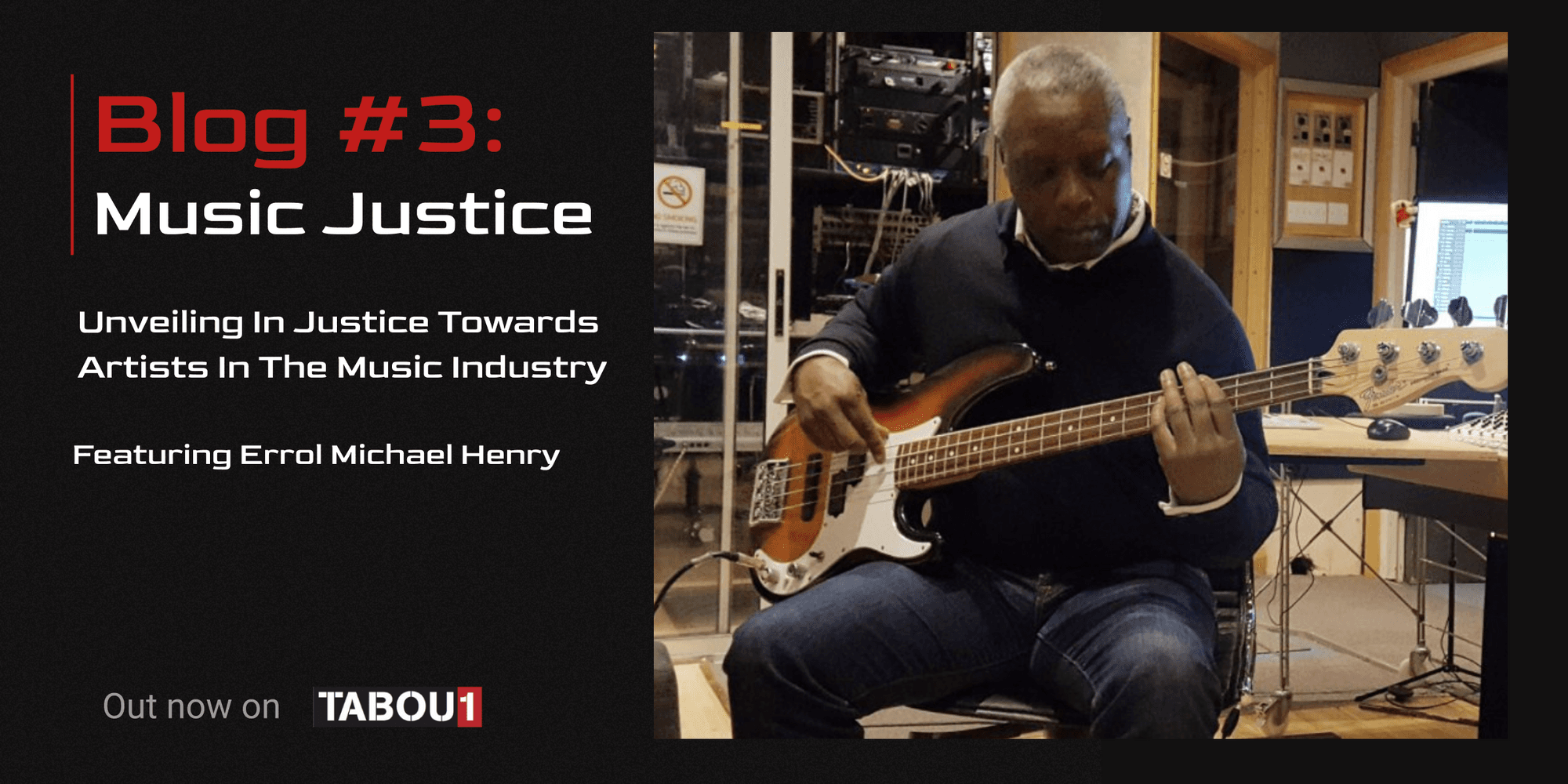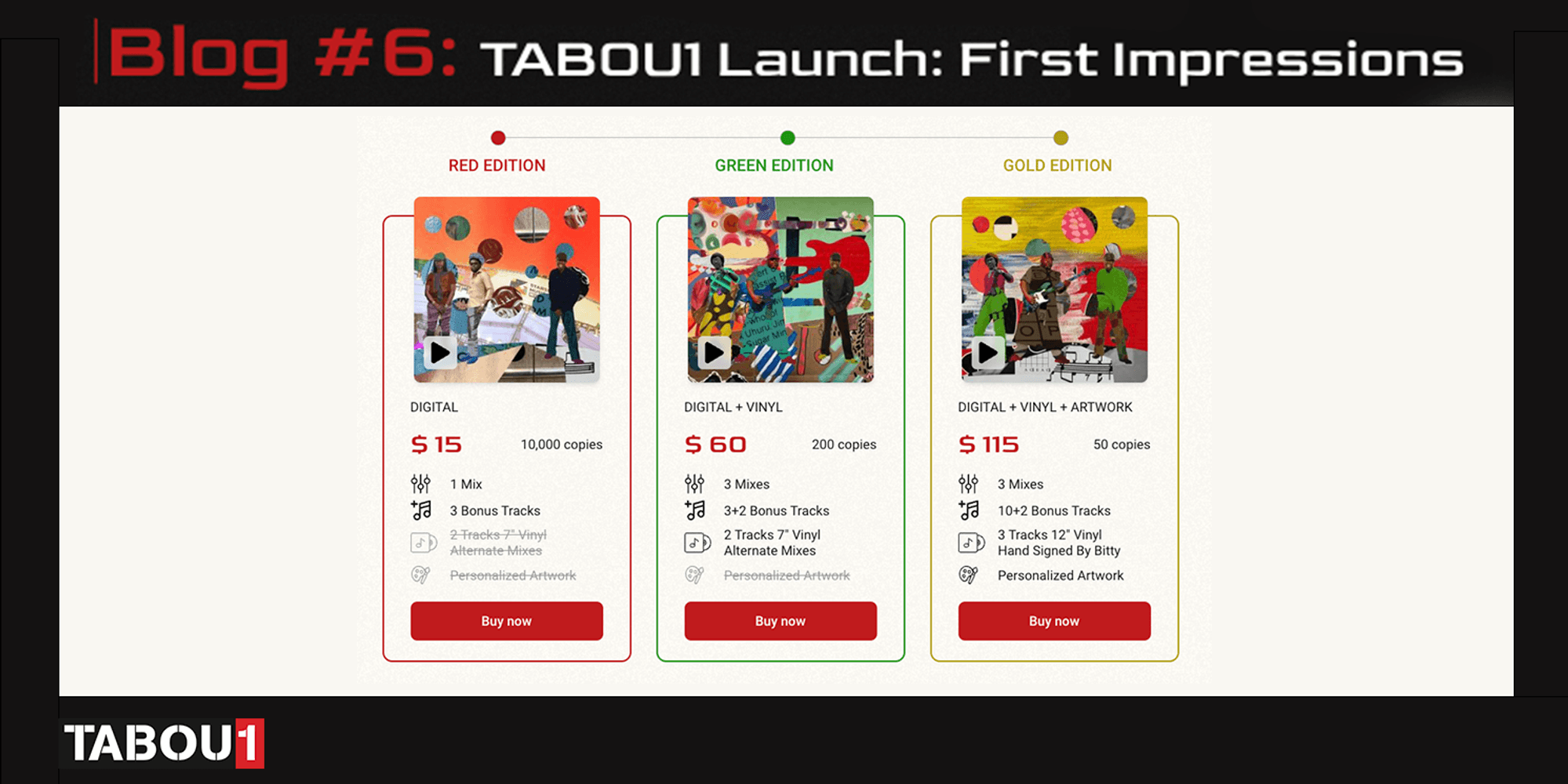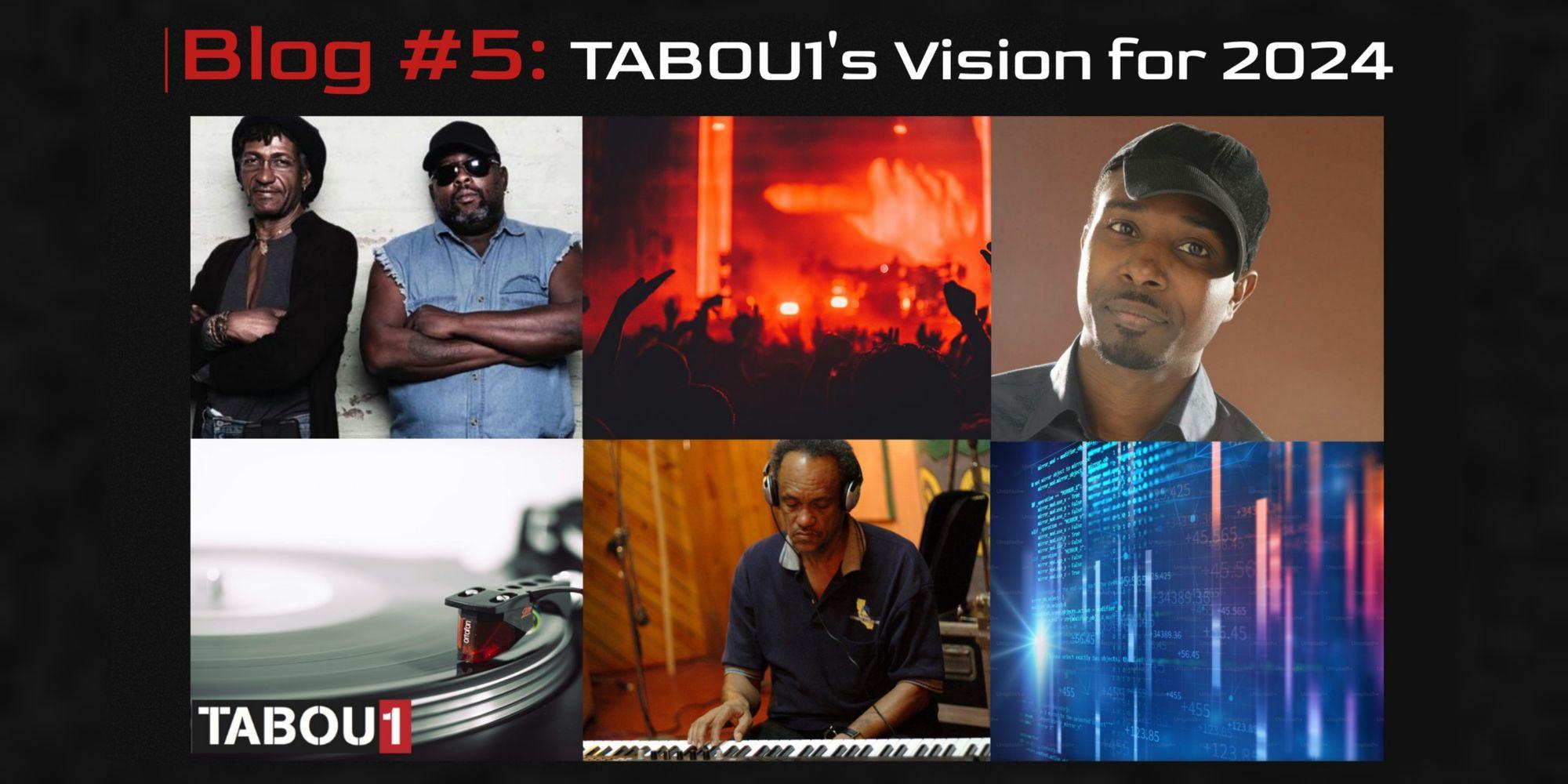Unveiling Injustice Towards Artists in the Music Industry



The music industry, often romanticized for its enchanting melodies and captivating performances, has a dark underbelly of unfair treatment toward its artists. Luckily for artists, some people and organizations help them fight back against major labels and publishers, who write unfair contracts and take unfathomable amounts of profits from artists. In this article, we’ll be sharing a dialogue we had with one of those “knights in shining armor” - Errol Henry, the Founder of Music Justice. This organization represents artists in legal affairs when they suspect their contracts are unfair or they were cheated out of royalties and ownership.
The problems we discuss are so deeply rooted that you will not see it on the surface. Legal cases are often kept behind closed doors. Some artists fear they could lose everything if they speak out, but some may not even know they’re getting cheated. Some examples of artists that have addressed their unfair treatment are Dr. Dre, Taylor Swift, The Beatles, and more notably for this article, Max Romeo. These problems are very real. Yes - tons of artists still make a fortune, but it is only a crumb from the whole pie. The creators should make as much as or more than everyone else.
After years of working with lawyers and others to help in legal actions against copyright societies and labels, we were happy to cross paths with Errol Henry and assist him in his work to right the wrong. When we started the TABOU1 platform, we wanted to make sure all artists were compensated fairly, but it starts with stating the masked obvious and calling the evil entities out…
If you are an artist (or anyone interested in further supporting an artist), the following dialogue is truly for you, as everyone who is connected with more than just the music should know what’s out there before they sign a contract or spend any money to support someone.
We had the amazing opportunity to virtually meet a man by the name of Errol Henry and dive into his background and experience in helping artists reclaim what was rightfully theirs to begin with. Henry helps us understand how advocacy and legal actions contribute to reshaping an industry plagued by systemic injustices:
Errol Henry & Music Justice: The History
In the relentless pursuit of justice within the music industry, Errol Henry emerges as a beacon of hope for artists facing financial exploitation. Founder of Music Justice, Henry is on a mission to rectify the financial imbalances that have long haunted musicians.
In a poignant article by Jamaica Gleaner on June 28, 2023, titled "Dark Side of the Music Business and Reggae's Sufferation", Errol Henry delves into the systemic issues afflicting reggae artists, shedding light on their silent struggles. His commitment goes beyond awareness; through Music Justice, Errol’s company, he actively engages in legal battles, assisting artists in suing record labels that have unjustly siphoned revenue from them.
Music Justice's mission aligns seamlessly with proposed solutions for a fairer music industry. Henry envisions a future where artists receive fair compensation and the music industry operates with transparency and accountability.
Henry and Music Justice represent a transformative wave in the industry, challenging exploitative norms and advocating for artists' rights. Their efforts bridge the gap between the industry's tumultuous past and a future where musicians can flourish without the specter of exploitation hanging over their careers.
Henry was a music prodigy who could play multiple instruments, write songs, and perform from a young age. However, being an artist or musician didn’t interest him, as he simply had a love for music. Henry simply wanted to understand each instrument and not be the best at them, he wanted to learn about the entire industry. Henry started to attend studio sessions since he could play many instruments. There, he heard horror stories about how artists and bands were treated. Determined to learn more, he started educating himself on publishing, licensing, distribution, and marketing. Once he was knowledgeable enough, he created a record label and became a producer for the artists he worked with.
In the music industry's tumultuous landscape, Errol Henry stands out as a self-reliant force. Without a manager or high-priced lawyers, he immersed himself in the industry, gaining invaluable insights by working in record shops as a producer.
Despite financial constraints, Henry's independent success attracted major labels, leading to collaborations with legends like Bobby Womack. However, a joint venture with Atlantic Records turned sour during Warner Music Group's massive merger with AOL, leaving projects, including Henry's, abandoned and contracts breached. Undeterred, Henry took on Warner Music Group, defying advice against it. The experience exposed the dark side of the industry, where wealth and legal resources are used to deny artists justice. Henry's tenacity prevailed, leading to a legal victory and the reclamation of his rights and master tapes. This triumph spurred Henry to establish Music Justice, aiming to assist artists in navigating the industry's pitfalls. His journey from a solo fighter to a crusader for justice underscores the need for systemic change and advocacy in an industry that often sidelines its artists.
The Interview
Our questions and his responses are below. Note; some of the answers are paraphrased to be clear and concise:
- What inspired you to create a company that represents artists who have been cheated out of royalties by labels and publishing companies?
- A conversation with my daughter made me realize the erosion of the music industry that once allowed me to navigate the world through music. Establishing Music Justice became imperative to curb the rampant theft, as the money flowing out has reached unprecedented levels, hindering musicians from making a proper living. My entrepreneurial knowledge provides a safety net, but not everyone has that luxury. We must stop the hemorrhage of money from the industry, ensuring that musicians have the resources to create better quality work and elevate the artistic landscape. Money equals time to do better work in the music industry.
- What are some of the most common ways that artists are cheated out of royalties?
- Signing a contract seems straightforward—cents per record sold. The catch? Lack of transparency on actual sales, and labels manipulate terms like "net receipts." For instance, a dollar in becomes a mere $0.25 for you, but if labels own subsidiaries, each layer slashes your share. In a recent audit, we uncovered an artist LOSING $0.10 on each record sold due to internal sub-licensing. The result? Confusing statements claiming you owe thousands while labels profit off your recouping struggles. The music industry's convoluted financial games demand urgent reform to ensure artists receive their fair share.
- What are some of the biggest challenges you face in representing artists who have been cheated out of royalties?
- The major issue lies in labels withholding crucial information from artists, making it easy to defraud them. Summary statements provide limited details, concealing deductions and costs, and leaving artists in the dark. Many artists lack good housekeeping principles, often without copies of contracts or royalty statements. Educating artists about the importance of document retention and understanding their business is a significant challenge. The goal is not to make artists financial experts but to instill a basic understanding of their entitlements, enabling them to identify discrepancies and advocate for their rights.
- Can you speak about one of your cases?
- The only client I can discuss publicly is a guy called Max Romeo because his case is currently with the Supreme Court. I like that case because this is a guy who made an iconic record that sold millions of copies. He never saw a dime for 47 years, and they bargained that he wouldn't be able to bring them to justice in America from Jamaica, but he did via the UK. A guy in Jamaica with no means to get justice picked up the phone, I answered and got Universal summoned to the Supreme Court on his behalf. I think that's a fantastic story.
- What advice would you give to artists who are concerned that they may not be receiving all of the royalties they are owed?
- Well, the first thing to do is contact the company you’re concerned about and ask them to send you the documents that your contract entitles you to. When you sign a contract, you assign what belongs to you to somebody else in exchange for payment. They can't just take your stuff and not pay you. And part of the agreement is they should tell you what they're paying you and how they're paying you twice a year. So exercise that right. Get your statements. If you say that I owe you $10,000, I want to know what for, and I want to see the paperwork that led to you earning $10,000. You can't just say I owe you money. What for? So I think artists need to be more proactive in contacting the person concerned and asking them for information. They may not receive it, but the fact that they are threatened and the company didn’t comply with it is good. I can use that later in court. Do it in writing, too. Send emails, send letters, get the name of the person you're talking to, and write back to the same person. Get a paper trail because even if they don't respond their lack of response is legally useful going forward because it shows bad intent.
- What are some of the things that the music industry can do to make it more fair for artists?
- Well, I think that where you have economies of scale you have less risk, and you have less financial outlay. You can afford to be much fairer with the distribution of wealth. I think that the digitization of music got rid of breakage losses, stuff falling off the backs of lorries into rivers, all the things that people say well we charge this much because we have this many risks that's all gone away. But yet a lot of the deals that people have been offered are based on a risk that the people no longer have. So I think there's much more margin, to be fair, than there was before because the risks that made the risks are less so. Plus, maybe more people are turned up to labels with their music. They've made the music already.
- They've taken the risk on the studio time or the producer or the engineers. All the things that labels risk $200,000 for are people turned up with very nicely made albums they've made themselves, and they're getting the same deal as someone for whom the label is risking the money. Well, that can't be right if your share of the pie is only 12% because we take all the risk. Well, if I've already taken the risk, how do I still get 12%? Right? I think there's a lack of transparency, is the word I'm looking for, with the way that these deals are constructed because a lot of the current deals are based on the world that no longer exists. The world that they built those contracts around disappeared 30 years ago.
- So you think streaming platforms like Spotify should be paying the labels and publishers way more?
- Guaranteed more. Because of what they're doing, for instance, YouTube allows people to buy advertising on recordings that the artist doesn't get any money for. So someone can watch a YouTube video 99,000 times and the artist gets no money. YouTube sells ads on the back of those plays and the artist doesn't get any of that revenue. It's crazy that people can consume what you created. Other people who didn't create it can make money from it and pay you.
- What are your thoughts on the future of the music industry? How do you think Blockchain tech with smart contracts allocating the payments to artists, various parties from the very start, and NFTs will play a role?
- I think it depends entirely on what you're using the tech for. So I think anything that gets the creatives closer to their audience is good. The more middlemen you can cut out between you and your consumer, the better. So if you're an artist writing your songs, making your music, building your brands, you find technology that allows you to introduce that to your clients, who can then either pay you directly for it or even effectively become your partners, because they now have the means to sell on what you sold to them. They can participate in the economic growth of it all.
- You curate your audience and you design what you design for your audience and you set the prices. I think that's great. I think people will make more money, much more money doing that than they would get for 500 million Spotify streams, especially if those streams are coming via a label because the label is going to take their chunk before you get it anyway. So I think the positive is higher margins. We just have to worry about technology that can impersonate other artists and make money off of them without their consent.
- If an artist believes they have been cheated out of royalties or rights to their music, what are the first few steps to take?
- Reach out to the label or publisher. You're going to get directed to someone in business or legal affairs. You either persist in sharing information in writing to them or you reach out to us. I'll get answers from labels in days that you couldn't get from them in years. We will do that for people. So if anyone is having trouble retrieving any type of information from their label or publisher, come see us. We want to help.
- What role can fans play in helping to protect artists from being cheated out of royalties?
- Fans are absolutely the artist's best weapon because, despite the labels wanting to convince you otherwise, the fans make this business go around. We've seen, because of technology, that the fans will consume the music any way they want to. Labels don't control what fans do. And if fans say to labels and digital service providers; If you don't treat artists properly, we will consume music somewhere else. The labels will fall in line because they have to, right? So I think fans need to be vocal. For instance, we saw when Max Romeo posted on social media that he'd filed this case. I think 20,000 people got in touch with him directly, and they started sharing it.
- So I think engaging the fans is also important. If your blog can reach out to fans and let fans know that the artists need their help, need their support. Spotify needs fans. Without fans buying subscriptions, without fans buying advertising, their business is dead. Don't let anyone kid you that the fans need Spotify. The reverse is true. Spotify disappears, someone else will turn up, and the fans will deal with them, but they’ll have the say in things or else that company will go broke.
- Fans have a huge role to play. Their voices need to be heard, and platforms like this can connect with fans and educate fans about what's going on. I think if fans realize that the digital dream is a dream in some respects, but a complete nightmare, in others, then fans can start to influence how the platforms behave.
- If anyone wants to contact you or Music Justice, how can they?
- The fastest way to reach us would be for the website, www.music-justice.com. Go to the Contact Us page - those emails go straight to my colleague who's in charge of onboarding.



